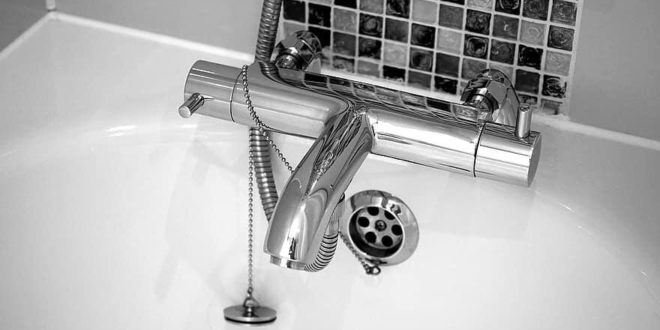Maintaining your home can be a challenging task, but your results are worth the efforts when you do it correctly. Maintenance can include something as simple as fixing up a hole in the wall to something complex like fixing the problems with your electricity.
However, maintaining the plumbing system in your house is the most important part of maintenance, and it helps you to prevent stuff like drain overflows. Plumbing fixtures usually include:
- Faucet and Sink
- Showerhead
- Towel Bars
- Bathtub
- Toilet
- Light Fixtures
Recycling these fixtures helps you to reduce your waste at the landfill. You must clean up and sort this junk before starting the recycling process. There are chances that your curbside recycling may not accept these items, but this doesn’t mean that you shouldn’t recycle them. Let’s dive in and look at why it is important to recycle your plumbing fixtures and how you can do it.
1. Why You Should Recycle?
Taking a look at the components of brass should give you an idea of why you should recycle a plumbing fixture. Having a discarded faucet or any other plumbing components adds up to the landfill waste. Since these wastes aren’t biodegradable, they continue to exist in our environment. The lead is another such environmental hazard because when it leaches into groundwater, the risks of adverse health increase due to its exposure. Lead exposure can cause various problems, including nausea, seizures and miscarriages.
2. Replacing Your Faucet
One of the main reasons that leads to the replacement of faucets in many homes is water conservation. A data suggests that more than a trillion gallons of water is used in households every year. This means that even when you have a leaky faucet that drips around five drops per minute, you’ll end up wasting around 170 gallons of water every year. Therefore, fixing the problems with your faucet is important, and you can do that by getting your faucet repaired or replacing the aerator that helps you to control the water flow levels.
3. What to do with the fixtures? Here are a few ways to tackle old plumbing parts:
You can take metal fixtures to a scrap metal site. There you can do the following:
- Sort plumbing pieces by the material
Usually, iron, plastic and steel are common materials that plumbing fixtures use. Brass is another common material which is highly recyclable, and you can easily find it in the plumbing components around your home. You may also notice that some plumbing fixtures use special materials such as gold, but that doesn’t mean that every plumbing fixture that’s in gold color is valuable.
When the demand for these products started rising, manufacturers began to create gold plated or gold-toned items, and while these items look like they are made of gold, no actual gold has been used in them. You must sort the plumbing fixtures according to their materials, so it gets easy for you to recycle them.
- Contact your local recycling center
Call or reach out to your nearest recycling center and ask them if they accept some old plumbing fixtures. Since most of the old faucets are made using metal, recycling them is an easy task. You can also ask the recycling center for pickup services. If they have a pickup service use a container to get your plumbing fixtures picked up for recycling.
- Call local branches of environmental charity/Give Your Plumbing Pieces Away
If the recycling centers around your house aren’t accepting the plumbing fixtures, you should contact nearby environmental charities and unload your plumbing fixtures. You can also take the help of online websites that allow you to sell and donate the stuff around your house without any extra charges.
- Find New Uses for That Old “Junk”
There are many ways that you can turn your junk into something useful. You can turn items like copper pipes, fixtures, and washers into a fantastic art project. There are many resources available online that can help you with inspiration to get your art project started. Start working on it and give your home a beautiful makeover!
4. Where to Recycle?
Recycling centres will be more than happy to accept your plumbing fixtures; however, some places may follow local regulations for scrap.
Some places may also ask you for your ID before accepting your stuff for recycling. You might have to sign a document with your personal details and verify that the material you are giving is yours. However, doing this shouldn’t affect your decision to get everything recycled because you are making an earth-friendly choice.
Erich Lawson is passionate about saving the environment through effective recycling techniques and modern innovations. He works with Compactor Management Company and writes on a variety of topics related to recycling, including tips and advice on how balers, compactors and shredders can be used to reduce industrial waste. He loves helping businesses understand how to lower their monthly garbage bills and increase revenue from recycling.



